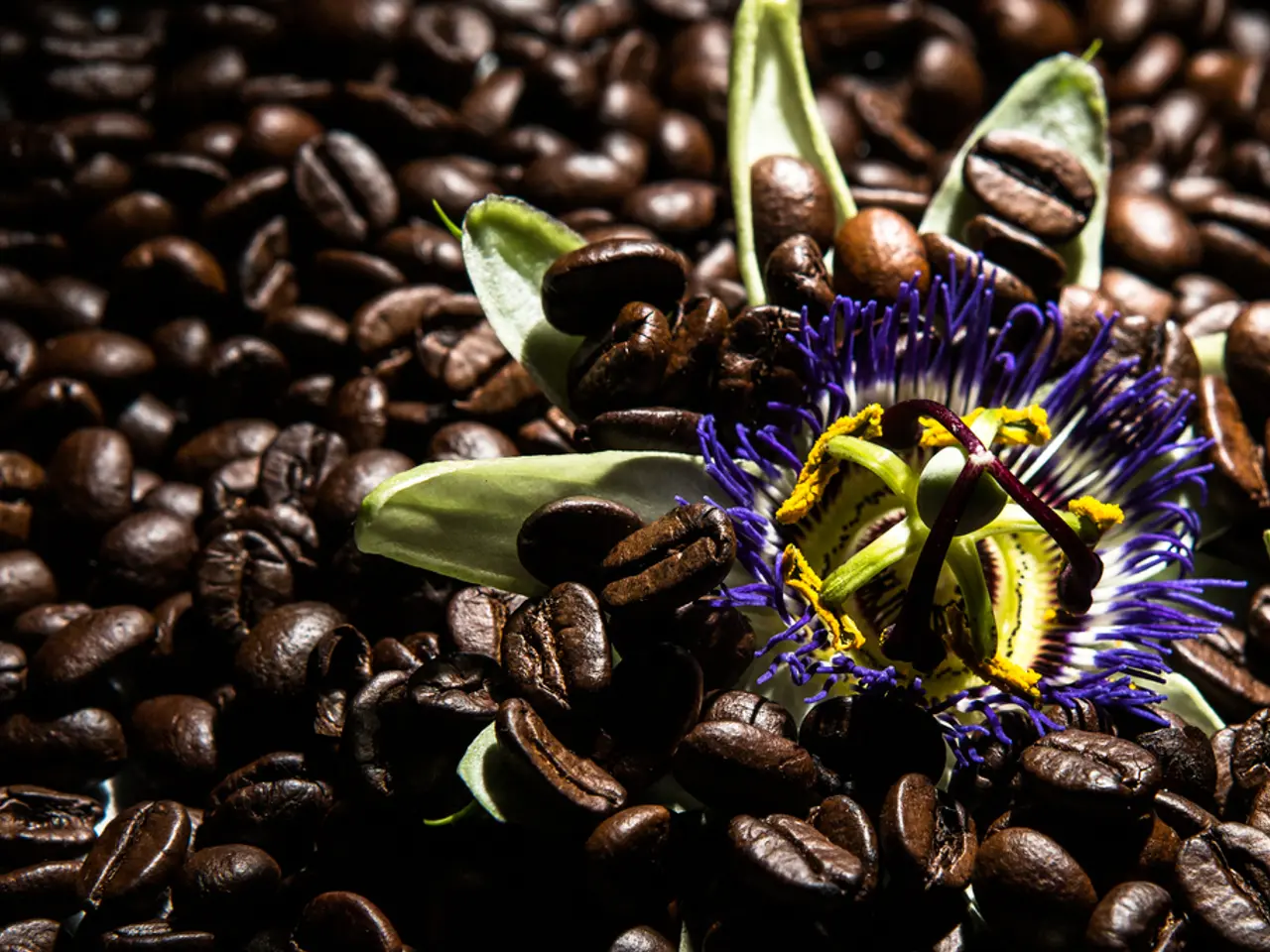Nutritional Aspects of Bean Sprouts: Advantages, Composition, and Potential Hazards
Bean sprouts, the edible shoots of various types of beans, are a common and versatile addition to many dishes. These nutrient-rich, low-calorie delights are packed with fiber, vitamins, minerals, and antioxidants, making them a popular choice for health-conscious individuals.
Mung bean sprouts, a common variety, are often found in Asian dishes like summer rolls, chow mein, or Pad Thai. These sprouts contain bioactive compounds that could potentially help prevent cancer. Lab studies on cells show that the goodies found in mung beans can slow the growth of certain cancer cells.
Lentil sprouts, with their nutty flavour, pack a serious nutritional punch. A 2015 study found that consuming lentil sprouts could lower bad cholesterol and increase good cholesterol in people with type 2 diabetes. Animal studies have shown that sinapic acid, a compound found in abundance in sprouted lentils, helps lower high blood sugar levels. Sprouting beans increases the sinapic acid content in beans, which improves blood sugar control and combats insulin resistance.
Chickpea sprouts, with their nutty and slightly sweet flavour, are perfect for adding to wraps or grain bowls. Pea sprouts, delicate and slightly sweet, are lovely in salads or as a garnish. Kidney bean sprouts, earthy-tasting, are great for flavoring soups and stews.
Bean sprouts are easy to prepare, requiring only a good wash before they can be added to various dishes. Cooking methods for bean sprouts include stir-frying in sesame oil and garlic, steaming, or adding to curries, fried rice, quinoa bowls, or burgers. Cooking bean sprouts offers extra insurance against bacterial contamination, as uncooked bean sprouts can be susceptible to bacteria like E. coli, Listeria, and Salmonella.
However, if you have a bean or peanut allergy, be cautious when consuming bean sprouts due to potential cross-reactivity. If you have a weakened immune system or are pregnant, take extra care when consuming raw bean sprouts due to the risk of bacterial contamination.
Adding bean sprouts to the diet can help alleviate constipation. Insoluble fiber found in bean sprouts acts like a broom, helping to keep the digestive system running smoothly. Bean sprouts are a nutrient-dense superfood, rich in essential vitamins, minerals, and antioxidants.
The most common sources of bean sprouts in Germany, especially mung bean sprouts, are Asian supermarkets, larger grocery stores with an international or Asian food section, and specialty health food stores where mung beans or pre-sprouted mung bean products are sold. Mung beans, used to produce these sprouts, can also sometimes be found as dry legumes in those stores.
In conclusion, bean sprouts are a versatile, nutrient-rich, and low-calorie food that offers numerous health benefits. Whether you're looking to boost your fibre intake, improve your blood sugar control, or add a burst of flavour to your meals, bean sprouts are a great choice. Just remember to wash and cook them thoroughly to minimise the risk of bacterial contamination. Enjoy!
Read also:
- Inadequate supply of accessible housing overlooks London's disabled community
- Strange discovery in EU: Rabbits found with unusual appendages resembling tentacles on their heads
- Duration of a Travelling Blood Clot: Time Scale Explained
- Fainting versus Seizures: Overlaps, Distinctions, and Proper Responses






